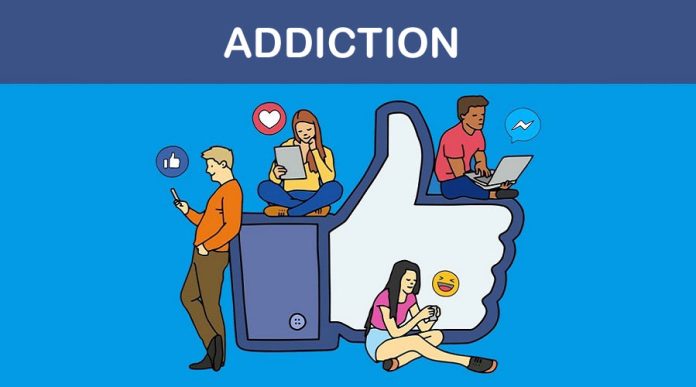Impact Of Social Media Addiction On Mental Health Of Users
Social media has many positive effects on its users but excessive use of social media platforms also has many negative effects, particularly on the mental health and well-being of users irrespective of age, sex, status, tribe, location or profession.
In today’s internet age, increased accessibility to technology, particularly the internet has increased the usage of social media platforms tremendously. As a result of this, many users of internet are ignorantly getting addicted to social media the same way they are getting addicted to other addictive substances e.g. alcohol, tobacco and drugs.
A study published in the American Journal of Epidemiology that assessed 5,208 subjects found that overall, regular use of Facebook had a negative impact on an individual’s well being.
What is Social Media Addiction?
Social media addiction is a psychological condition that makes a user to be spending so much time on social media to the extent that it affects other aspects of his/her life. It is a growing problem in the modern age that needs urgent attention because of its dangerous effects, particularly on the mental health of the users. It is as serious as other common behavioural addictions people often seek therapy to address. e.g. sex addiction, coffee addiction, food addiction, gambling addiction, video game addiction, TV addiction etc.
As internet users, we must be aware of the impact of social media addiction on our lives, particularly the danger it poses on our mental health. This will not only save us from the danger of social media addiction but it will also help us to reduce our vulnerabilities and educate other social media addicts around the world on how they can avoid social media addiction and other online dangers.
Not only has social media addiction proven to cause unhappiness, but it can also lead to the development of other mental health issues when used excessively.
Here are some impacts of social media addiction on the mental health of users:
1. Eye diseases
2. Neck or back pain
3. Bad eating habit
4. Forgetfulness
5. Anxiety
6. Sleeplessness
7. Isolation
8. Fatigue
9. Depression
10. Restlessness
However, the above challenges can be avoided by adopting the following safety tips:
1. Educate yourself about internet safety.
2. Contact a therapist as soon as possible if you know you are addicted to social media.
3. Set a time limit on how you use the internet or social media.
4. Always ignore notifications to avoid distractions.
5. Delete all Apps that you don’t really need on your device.
6. Always switch off your device at a particular time before you go to bed.
7. Avoid taking your device to the bathroom, toilet or kitchen.
8. Don’t postpone important meetings because you want to watch video or play games on your device.
9. Avoid forcing yourself to chat on social media when you are feeling sleepy.
10. Reduce the number of your social media accounts, social media friends and social networking platforms.





